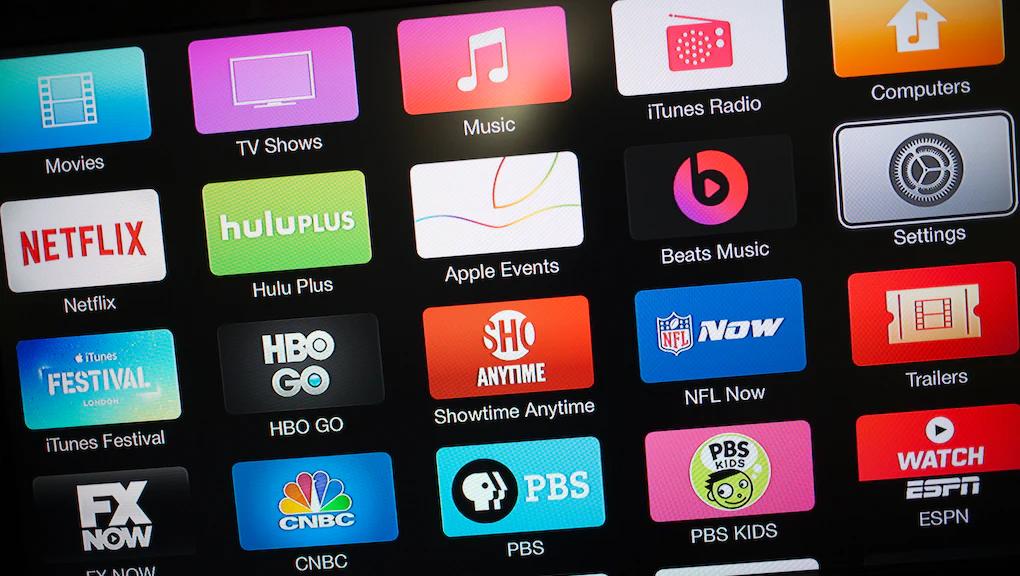We all love to go to science fiction conventions – I loved it so much, I actually ran one for 13 years. Watching conventions hit first by Covid and now by the actor’s strike makes me glad I retired from running conventions in 2001.
Who is on Strike?
The Writers Guild of America, Hollywood’s screenwriters, have been on strike since mid-May, and on July 13, the Screen Actors Guild – American Federation of Television and Radio Artists, or SAG-AFTRA, joined them.
SAG-AFTRA is the union all actors pretty much have to belong to in order to work in the industry in the US. Their vote to join the writers in striking marks the first time both organizations have been on strike since 1980 and came after negotiations between the guild and a trade association representing the entertainment industry’s studios broke down.
What is the Strike About?
As is often the case, pay is a major factor. However, the emergence of streaming services and the added challenges brought on by the pandemic have put significant pressure on studios. Many of them are grappling with financial difficulties. This has also affected actors and writers, who are now advocating for improved pay and better protections in an ever-changing work environment.
Both the actors and screenwriters are demanding higher residual payments (think royalties) from streaming platforms. You see, streaming series tend to have fewer episodes compared to traditional TV shows. In the past, if a TV series was a hit, actors, and writers could rely on a steady stream of residual checks. But with the rise of streaming, the system has changed in a way that they believe is detrimental to their income. Additionally, both groups are pushing for strict guidelines regarding the use of artificial intelligence to safeguard job opportunities.
When the strike was announced on July 13, Fran Drescher, the president of SAG-AFTRA, emphasized how the entire business model has been transformed. She called this a pivotal moment in history and a time for truth. In her words, “At some point, you have to say, ‘No, we’re not going to take this anymore.'”

So, the Alliance of Motion Picture and Television Producers, representing major studios and streamers, claims they’ve made some pretty significant offers to the striking union. They’re talking about “historic pay and residual increases,” higher caps on pension and health contributions, audition protections, and even a “groundbreaking” proposal regarding artificial intelligence. Basically, they’re trying to address the union’s concerns with a package of benefits.
Now, it’s important to understand that Hollywood studios haven’t had an easy time either. The whole industry has been going through some major changes. Moviegoers aren’t rushing back to theaters since the Covid pandemic, and people are shifting from cable and network TV to streaming services. This has caused studios to face dropping share prices and shrinking profit margins. Some companies have even had to lay off employees or cancel projects.
What Projects Are Affected?
Movies already scheduled for release this year have mostly been shot, so you won’t notice an immediate impact there. However, TV viewers are already experiencing the strike’s effects, and if it drags on, popular shows could face delays in their upcoming seasons.
- Late-night shows are already airing reruns due to the writers’ strike, and the majority of TV and film productions have either shut down or paused production. Shows like “Stranger Things” had to stop working when the writers’ strike began, and it’s uncertain if their next seasons will be delayed.
- Disney has already made changes to its theatrical release schedule in response to the writers’ strike. And now, with the actors joining the strike, things are getting even more chaotic.
- In July, no scripted TV permits were issued in Los Angeles County, so you can see the impact on production. Completed films and TV shows in post-production should stay on track since they don’t typically require writers or actors at this stage.
- Participating in any film or TV production with the studios is currently off the table, with only a few exceptions. This means that within a few months, starting with the fall lineup, viewers will start noticing broader changes in their TV programming.
- Unscripted series, aka “reality shows” such as “The Masked Singer,” and “Kitchen Nightmares” will be taking over slots from regular programming. We will also probably see more repeats and older programming and movies filling in for current favorites.
Even the 75th Emmy Awards, which just announced its nominations, might be in jeopardy. Organizers have already been discussing the possibility of postponing the September 18 ceremony, possibly by several months. Film festivals such as Venice and Toronto, may be either postponed or canceled.
How Celebrity Appearances at Conventions are Affected
During the strike, union members are prohibited from engaging in promotional activities as required by their contracts. This means no tours, appearances, interviews, conventions, fan expos, festivals, panels, premieres, screenings, award shows, junkets, podcast appearances, or even social media activity that is sponsored by any production or studio. Large conventions including San Diego Comic-Con and DragonCon often rely on such sponsored appearances for their celebrity guests so we will probably see many appearances canceled at these shows.
Smaller conventions that are independent of studios and productions may still have some celebrity appearances, however, there are restrictions. The celebrity cannot discuss past, present, or future projects – basically prohibiting them from appearing on any panel discussions for film or TV projects. This means actors may still attend conventions and sign autographs, but can do little more than that. This may have many fans demanding refunds for such events which could cause these smaller shows, already struggling to recover from losses during the pandemic, to fold.
How Long with this Strike Last?
Now, the big question is, how long will this go on? Unfortunately, we can’t predict that. The writers have already been on strike for over 70 days, and their union, the Writers Guild of America, hasn’t returned to bargaining with the studios yet.
The writers’ strike in 2007 lasted a whopping 100 days, while the actors’ major walkout in 1980 went on for more than three months.
So, things are definitely in flux, and we’ll have to wait and see how it all unfolds.
MEET THE AUTHOR
Lori has been a science-fiction fan since the age of 12. She is owner of Scifispace.com as well as CosplayCostumeCloset.com and created/chaired Tachycon, science fiction convention, for 13 years. She is a gamer and artist, jewelry maker, 3d printer, and overall geek.




